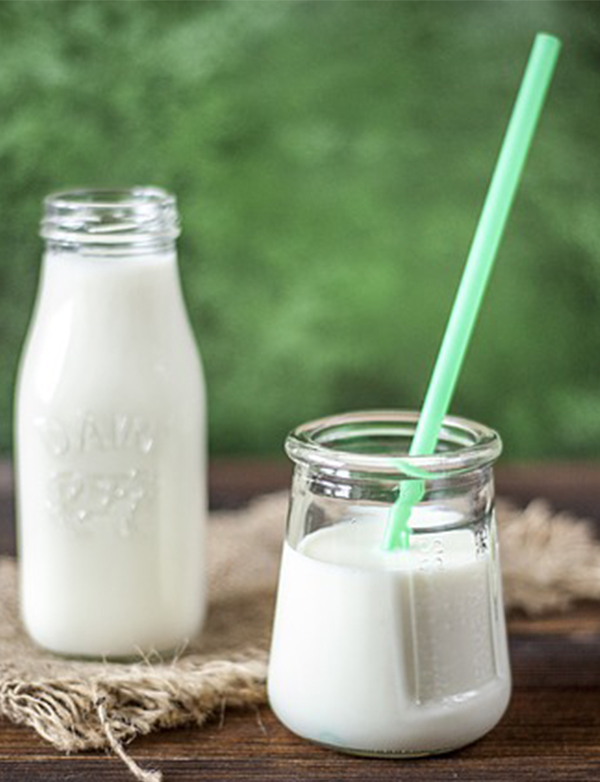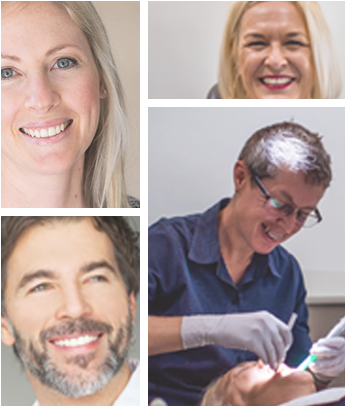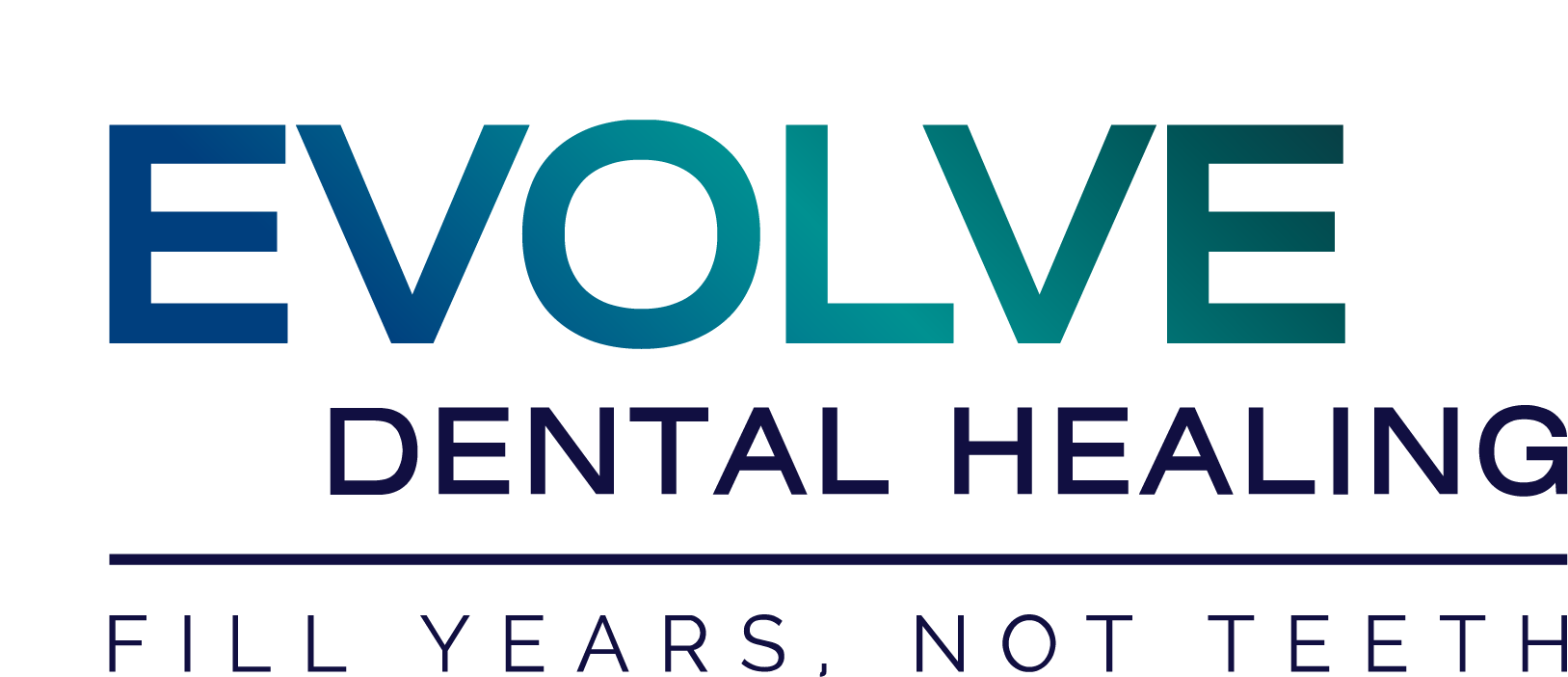Milk Dairy and Calcium

Do We Really Get Calcium from Milk and Dairy Products
In this article Holistic dentist Dr Rachel Hall from Evolve Dental in Brisbane discusses the facts about milk, dairy products and calcium.
Sources of Calcium
The soil is the original source of all calcium, which is then absorbed by plants and incorporated into their tissues. Animals then eat the plants to obtain their calcium and other minerals.
There is sufficient calcium in plants to grow the skeletons of the biggest animals on earth such as the elephant. It is not hard to, therefore, accept that there is sufficient calcium in plants to grow a human skeleton. In fact, most humans who have walked this earth have been able to grow strong healthy skeletons without cow’s milk or calcium supplements.
What Does Calcium Do And Do We Really Need Milk?
Calcium is involved in bone formation and nerve, muscle and blood vessel function.
Levels of calcium are maintained by the gastrointestinal tract, bone and kidney. If our diet is low in calcium then more will be absorbed from the gut and less excreted from the kidneys. Conversely, if excess calcium is consumed, less will be absorbed and more excreted. However, there is the potential for a dangerous increase in free calcium.
Calcium is the most abundant mineral in the human body.
99% of the body’s pool of calcium is stored in bones (about 1 kg). Of the remaining 1%, 55% of it is bound to protein and organic ions. Only 45% is free (unbound). Unbound calcium is particularly dangerous because it gets deposited in tissues, including arteries, and therefore increases the risk of cardiovascular disease.
An increase of free calcium by 2% causes a massive deposition.
Do We Need Calcium Supplements or To Consume Dairy?
Is there much point advising people to supplement with calcium when it ends up going to the arteries and not to the bones? There are implications against taking regular high dose calcium supplementation because it appears to be going everywhere except bones. Dolomite or coral calcium, in particular, is a problem as they are essentially finely ground up the rock which is poorly absorbed with any that is absorbed usually ending up in tissues other than bones.
In Western countries, the usual intake of calcium is around 800-1000mg/day while in developed countries it is around 300-500mg/day. Some women in Africa and Japan have intakes of around 200mg/day and do not get osteoporosis.
Most of the scientific literature supports the belief that the majority of the older population is massively overdosed on calcium and suffering from calcium toxicity.
Excess calcium in arterial walls is directly correlated to increased risk of heart disease and chronic degenerative diseases.
Many breast cancers have calcium deposits in and around them.
Milk and Calcium Consumption and Osteoporosis
Research on the use of calcium in preventing osteoporosis is not conclusive whereas the research is convincing that supplemental calcium fuels the progression of atherosclerosis and therefore heart attacks.
Studies also show that calcium supplementation is unlikely to reduce the risk of fracture, either in childhood or later life. These studies also pointed out that populations that consume the most cow’s milk and other dairy products have among the highest rates of osteoporosis and hip fracture in later life.
Osteoporosis is NOT caused by an inadequate intake of dairy products.
Populations in countries that do not have access to dairy products do not develop osteoporosis.
Australia and the US are the 2 countries with the highest intake of dairy products and have the highest incidence of osteoporosis.
Do We Get Calcium From Dairy Products
Dairy foods do contain calcium but they also contain acidic proteins which cause a net loss of calcium from bone as calcium is pulled from the bones to lower the acidity caused by the acidic milk proteins.
Studies have found no relationship between the intake of dairy products and the strength of children’s bones and that postmenopausal woman who consumed 3 extra glasses of cow’s milk/day for a year lost more bone than those who didn’t drink the extra milk.
The bottom line if you want to make sure you are getting your daily intake of calcium then get it from plants and nuts, not dairy.
Plants contain lots of readily absorbable calcium so if you are eating green leafy vegetables, broccoli or seaweed you are more than enough calcium.
-
Dr. Rachel Hall
Rachel is the founder and principal dentist at Evolve Dental Healing with over 30 years experience, practising holistically since 2001. Not your typical dentist, Rachel is a passionate opinion leader, challenging convention to empower people to make better dental and health choices, helping thousands to have healthy natural smiles. A respected writer and presenter on holistic dentistry, health and wellness it is Rachel’s mission to revolutionise the way people look at their dental health.
Talk to us for more details and information
CONTACT US
67 Kenmore Road
Kenmore Queensland 4069
Phone: 07 3720 1811
Fax: 07 3720 1899
Email: info@evolvedental.com.au
OPENING HOURS
Monday – Friday: 7:30am – 5:30pm
References and Citations Mercury & Amalgam Fillings




